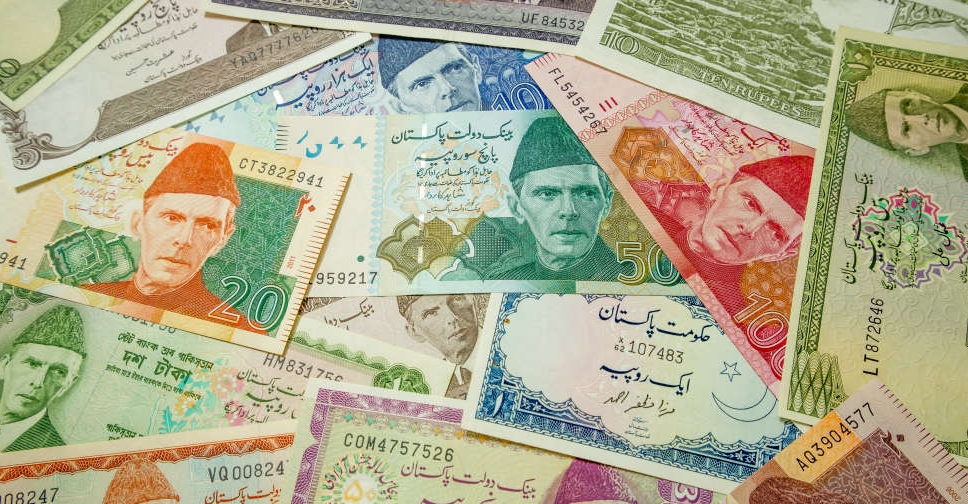
Pakistan's central bank on Monday held its key interest rate at 22 per cent as expected for a sixth straight policy meeting as inflation risks continued to loom.
The decision was in line with the expectations of a majority of analysts, although most are also expecting rate cuts from the second quarter of this year.
The bank said that although the inflation rate had eased in February, it remained high and subject to risks.
"This warrants a cautious approach and requires continuity of the current monetary stance to bring inflation down to the target range of 5–7 percent by September 2025," the State Bank of Pakistan's (SBP) monetary policy committee said in a statement.
Monday's policy decision is the last ahead of the April expiry of a $3 billion standby arrangement with the International Monetary Fund.
Pakistan's key rate was last raised in June to fight persistent inflationary pressures and to meet one of the conditions set by the IMF for securing the critical bailout.
The bank noted the improved inflation figures in February, when the country's consumer price index rose 23.1 per cent year on year, its slowest since June 2022, partly due to the "base effect".
But it noted that "going forward, any further adjustments in administered prices or fiscal measures that may push prices up pose risk to the near and medium-term inflation outlook.
"Cognizant of these risks, the Committee assessed that it is prudent to continue with the current monetary policy stance at this stage," the statement added.
In its last decision in January, the central bank had raised the average inflation forecast for the fiscal year ending in June to 23 per cent-25 per cent, from a previous projection of 20 per cent-22 per cent, due to rising gas and electricity prices.
Inflation hit an all-time high of 38 per cent in May last year, driven partly by new taxation measures imposed to comply with IMF's demands for a rescue programme that helped the nation avert a sovereign debt default.

 Nasdaq set to confirm bear market as Trump tariffs trigger recession fears
Nasdaq set to confirm bear market as Trump tariffs trigger recession fears
 Dana Gas and Crescent Petroleum exceed 500M boe in Khor Mor field
Dana Gas and Crescent Petroleum exceed 500M boe in Khor Mor field
 China to impose tariffs of 34% on all US goods
China to impose tariffs of 34% on all US goods
 Shares bruised, dollar crumbles as Trump tariffs stir recession fears
Shares bruised, dollar crumbles as Trump tariffs stir recession fears
 Wall Street futures sink as tariffs fuel recession fears
Wall Street futures sink as tariffs fuel recession fears




